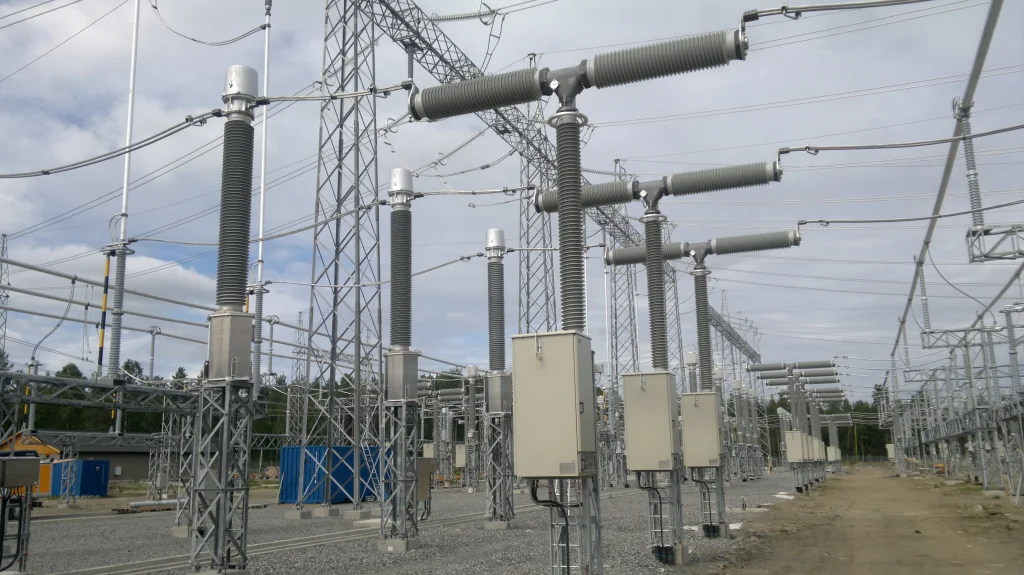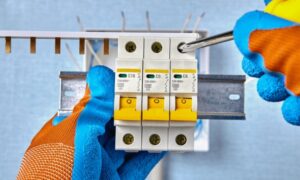So you want to know the basics of high voltage breaker testing? Well, you’ve come to the right place! Let’s start off from the beginning. High voltage auditing and testing is an essential part of maintaining the safety of homes and businesses. It is crucial for identifying any faults and reducing the risk of electrical hazards. This process involves a thorough inspection and testing of electrical systems to ensure they are running at optimal levels. High voltage auditing and testing is performed in various situations such as the installation of new electrical systems, regular maintenance checks, and after any electrical faults or outages. In this article, we will explore the ins and outs of high voltage auditing and testing, and why it is important for residential and commercial properties.
In Australia, high voltage auditing and testing is more important than ever, with businesses relying heavily on electrical power. Homes and businesses that operate without conducting regular checks and tests are at risk of electrical issues, which could lead to disaster. High voltage auditing and testing is vital in assessing the safety of any electrical equipment, identifying potential risks and faults, and ensuring the systems are functioning normally.
High voltage breaker testing is one of the key parts of the testing process. It is the process of examining the power system to ensure it can handle high voltage electricity consistently. During this process, the system is tested to its limits to determine its capabilities and potential fault areas. This helps to identify potential risks and hazards and determine the necessary steps to ensure safety.
High voltage circuit breaker testing is also impactful in the utilities, mining, wastewater, and renewable sectors. It is essential for assessing the safety of electrical equipment and ensuring the systems are efficient and effective, reducing the risks of electrical hazards. Accurate testing helps to prevent costly equipment malfunctions, outages, and downtime.
When it comes to high voltage testing, there are several types of tests available, including insulation resistance, partial discharge, and voltage withstand testing. Insulation resistance testing involves measuring the ability of the insulation material to prevent current leakage. Partial discharge testing is used to detect any potential failings within the insulation material. Lastly, voltage withstand testing involves testing the cable or related equipment with increased voltage for a specific amount of time to ensure they can handle the excess capacity.
Industry standards play an important role in high voltage auditing and testing. Anyone who is responsible for residential or commercial electrical systems must ensure that they comply with the relevant industry standards, such as the AS/NZS ISO 9001:2015 Quality Management Systems, AS/NZS 4801:2001 Occupational Health and Safety Management Systems, and AS/NZS 3868:1997 Guide to the Maintenance, Replacement, and Testing of Portable Fire Extinguishers.
Having an experienced service provider for high voltage auditing and testing services is critical for maintaining the safety and efficiency of electrical systems. This is because these professionals have the required knowledge and experience to perform the tests accurately, identify faults and hazards, and provide appropriate recommendations on how to resolve any issues. They also contain the necessary tools and expertise to ensure consistency and accuracy in testing.
To give you the highlights, high voltage auditing and testing is essential for identifying any faults and hazards within electrical systems. It has a significant impact on businesses in Australia and is vital to ensure the safety and efficiency of electrical equipment. High voltage circuit breaker testing is vital in the utilities, mining, wastewater, and renewable sectors. There are several types of high voltage testing available, and industry standards play a vital role in ensuring compliance. Having an experienced service provider for high voltage auditing and testing is paramount for maintaining the safety and efficiency of electrical systems.































